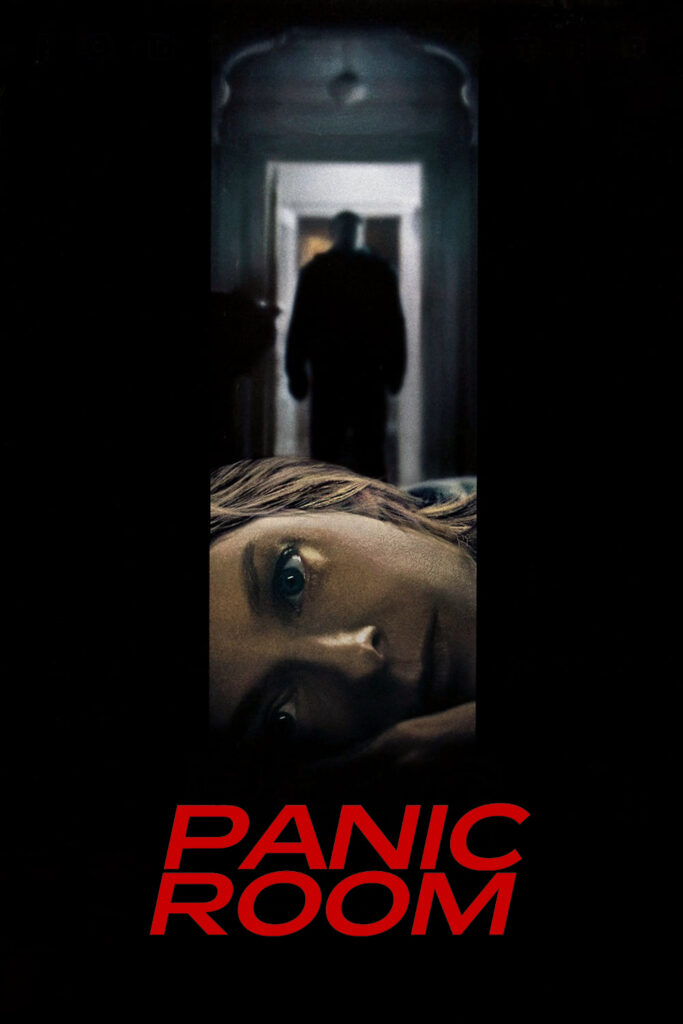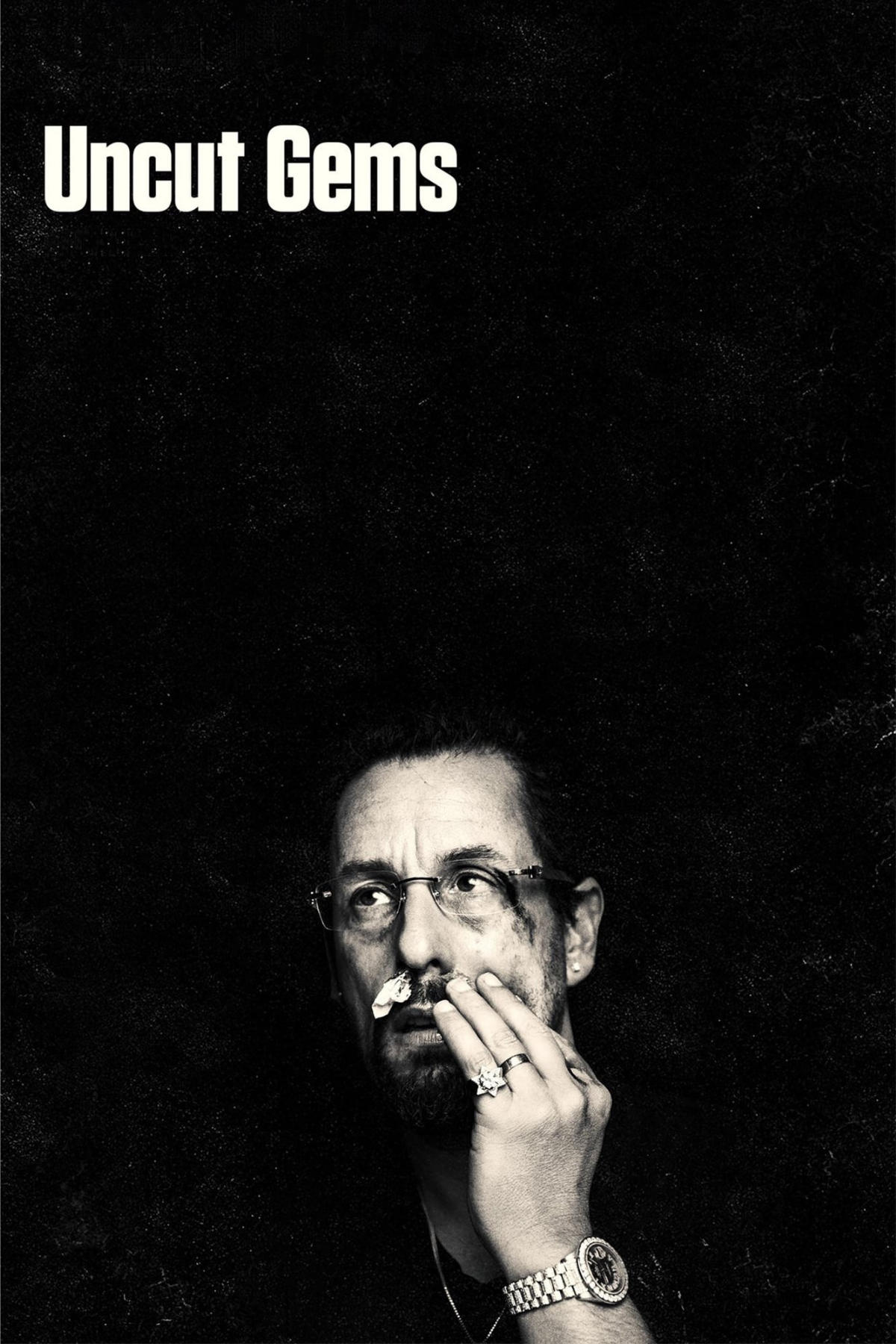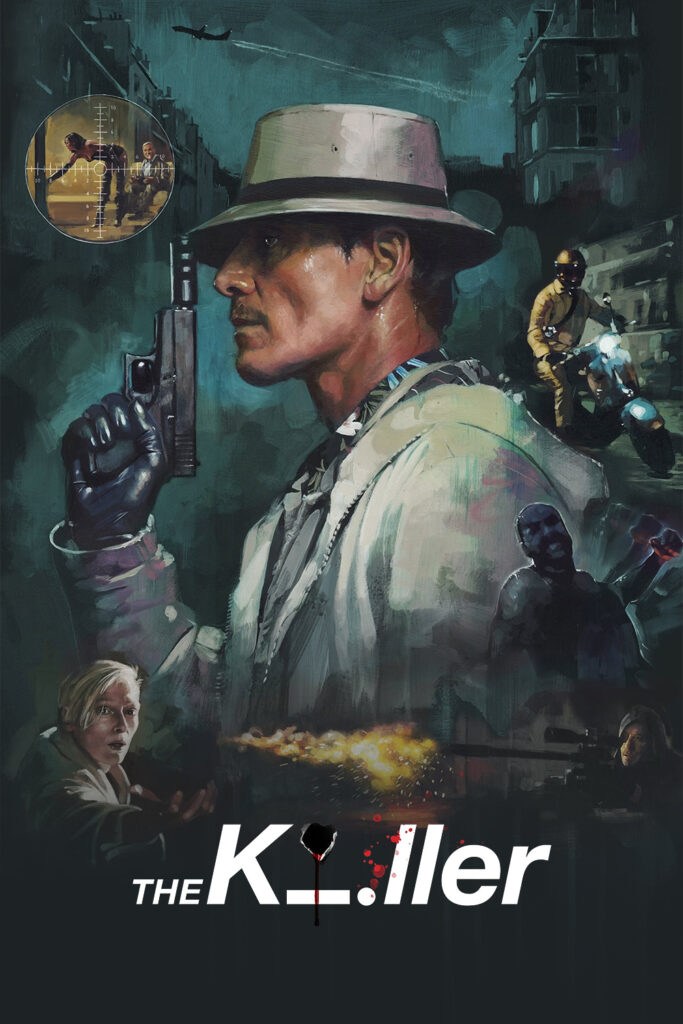Review: Bonnie and Clyde feels more and more definitive as the years pass from when it was released. Warren Beatty ushers in a new generation of movies that are aggressively violent and angry, expelling the moral compass as a bylaw of the film industry. Faye Dunaway co-stars in this 1967 mega-hit.
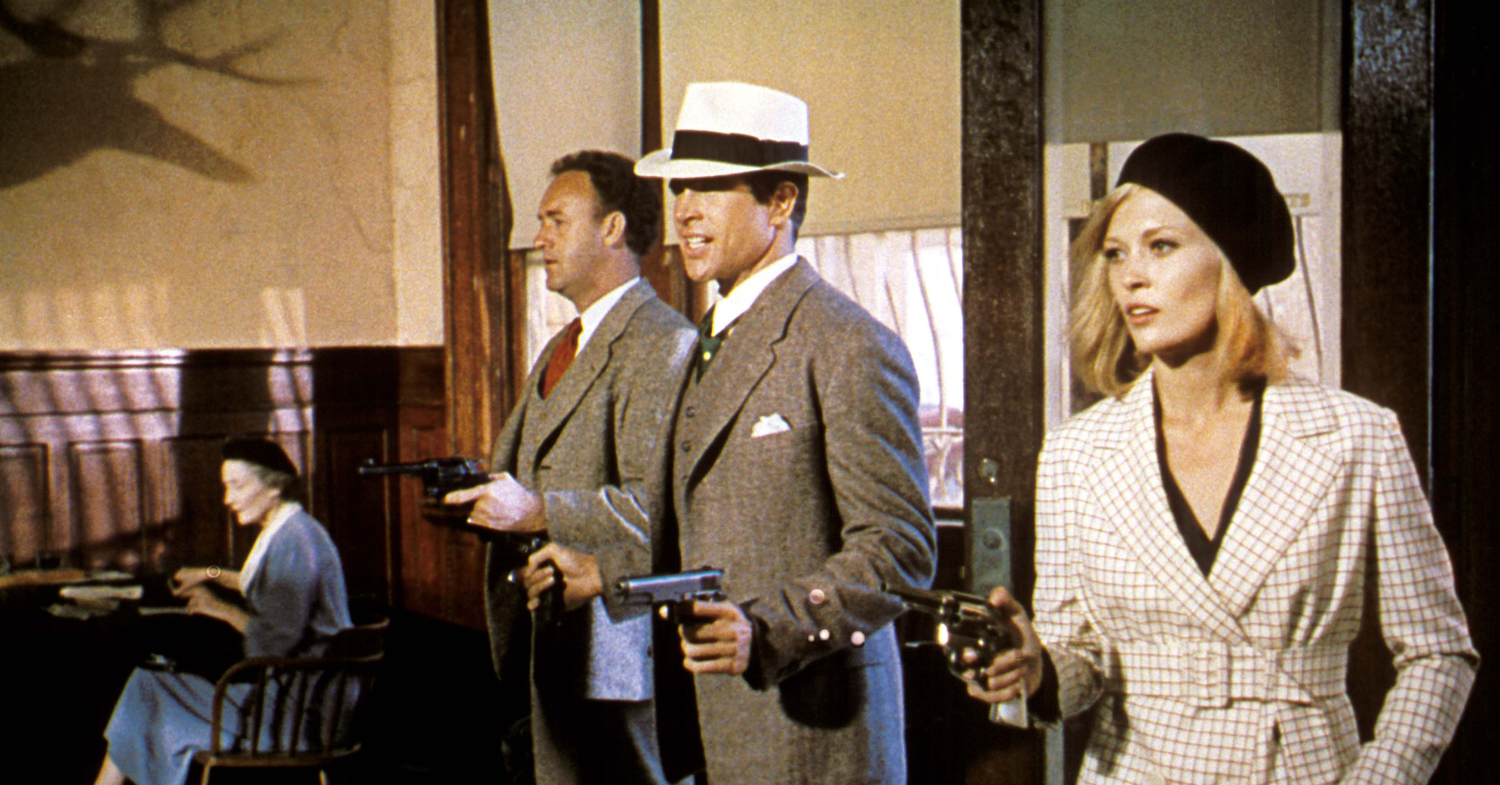
I’m currently burrowing my way through Peter Biskind’s Easy Riders, Raging Bulls and the first movie that the nonfiction journey through Hollywood in the late 1960s to early 80s focuses on is Arthur Penn’s 1967 crime thriller Bonnie and Clyde.
The movie passed through many hands during its inception, and Peter Biskind credits much of the movie’s final product to leading actor and producer Warren Beatty. Biskind posits that Beatty shopped the script (written by David Newman and Robert Benton) from director to director before ultimately landing on Arthur Penn and having the film financed and produced by Warner Bros.
Bonnie and Clyde is a watershed movie in the film industry for many reasons. It features strong stylistic callbacks to different eras and movements while finding its own lane in a very particular way. It may be both the dying breath of an old Hollywood reliant on producers, studios, and washed out dramas, as well as the ushering in of a new era filled to the brim with daring, auteuristic pictures that were violent and aggressive. Bonnie and Clyde is certainly both of these, and gets off on being angry and upsetting.
Warren Beatty gives one of his signature performances as Clyde Barrow, passing as a cunning thief with a deep personal turmoil that allows him to get violent. There’s also a carefree side of him that’s brought out by his passionate, short-lived romance with Faye Dunaway’s Bonnie Parker. The couple have immense screen chemistry, and the movie works best when focusing as closely on the two as possible.
New Movie Reviews from Cinephile Corner
- Longlegs Movie Review: Maika Monroe Steals Oz Perkins Moody Serial Killer Horror Film
- Twisters Movie Review: Daisy Edgar-Jones and Glen Powell Headline 2024’s Best Summer Blockbuster So Far
- The Strangers: Chapter 1 Movie Review: New Horror Reboot Carries Too Much Setup, Not Enough Bite
The edges could’ve been rounded out a bit more in Bonnie and Clyde to work better for me. The rest of the cast is not nearly as strong and entertaining as I would’ve liked, and the supporting performances by Michael J. Pollard (as the naïve, misguided C.W. Moss) and Estelle Parsons (as the rambunctious Blanche) become a bit too cartoonish and wacky to fit the tone of the movie.
There is a revelation among them, though, in Gene Hackman giving an early-career turn as Clyde’s older brother Buck. Hackman was a newcomer, relatively speaking, and the movie hinges on finding one more character to help engineer the plot and move Bonnie and Clyde closer to the breaking point.
Looking at 1967 as a movie year, Bonnie and Clyde is a solid entry, even if it doesn’t separate itself from the rest of that year’s bests. Le Samouraï and PlayTime are indelible classics, and Hollywood was getting to a tipping point where they could’ve been overtaken by international, arthouse distributors. Bonnie and Clyde helps set the industry on a new course of action, and it opens the door for more freedom and creativity in how filmmakers approached their projects. And for that, it’s worth carrying on the legacy.
Watch Bonnie and Clyde (1967) on VOD here
Bonnie and Clyde Film Cast and Credits
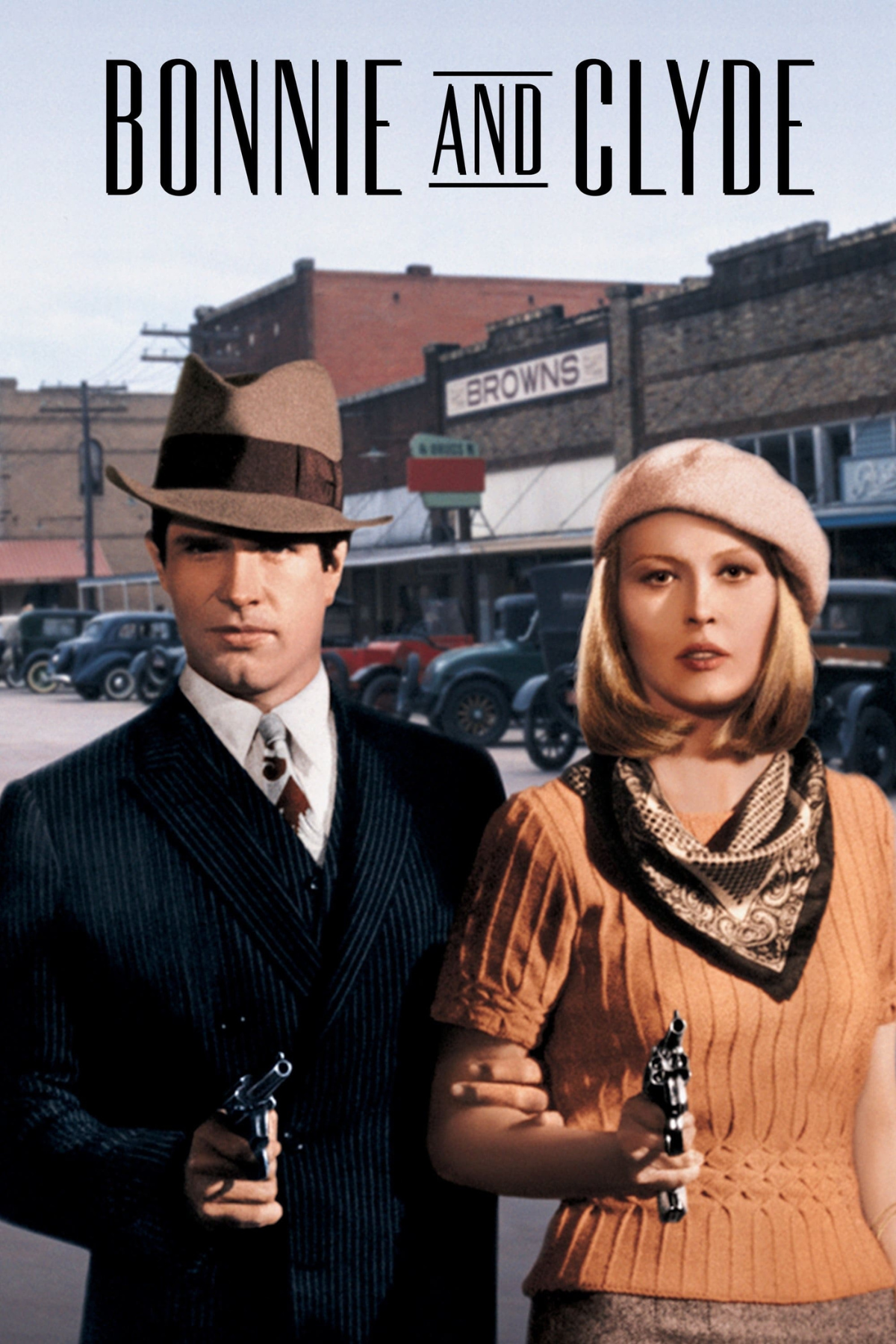
Cast
Warren Beatty as Clyde Barrow
Faye Dunaway as Bonnie Parker
Michael J. Pollard as C.W. Moss
Gene Hackman as Buck Barrow
Estelle Parsons as Blanche
Crew
Director: Arthur Penn
Writers: David Newman, Robert Benton
Cinematography: Burnett Guffey
Editor: Dede Allen
Composer: Charles Strouse
